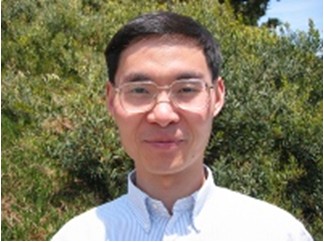
Prof. LI Hao (李浩)
University of California San Franciscobr> Center for Theoretical Biology Peking University
Abstract:Aging is a universal phenomenon. All species age, including humans. Although aging is inevitable, dreams for immortality started early in human civilization. Historically many attempts had been made to cure or slow down aging, and they all failed. In the last few decades, application of molecular genetics to the study of aging has led to the surprising discovery that the lifespan of a species is plastic and can be manipulated by simple genetic or dietary changes, raising the hope that we may be able to significantly extend the human lifespan and at the same time prevent or cure aging related diseases. In this talk, I will first give an overview of the modern field of molecular genetics of aging. I will then discuss how physics/engineering approaches can be used to define the molecular mechanisms of aging. In particular, I will describe a novel microfluidic system that we have developed to study aging in single yeast cells. This system allows, for the first time, the direct visualization of various cellular and molecular events accompanying aging in single cells throughout their lifespan, leading to new insight into the mechanisms of cellular aging and death.
Date&Time: February 7th, 2012 16:00 – 17:00
Location: 606 Conference Room


